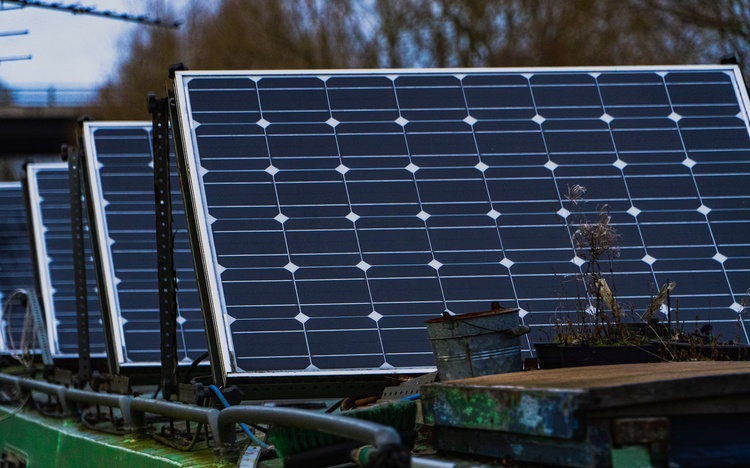September 17 NEC Energy News
¶ “New EV Battery Has 15-Year, 930,000-Mile Expected Service Life” • We’ve come to the point where, if you buy a new electric car, you probably never have to worry about the car’s battery wearing out. CATL, the largest battery producer in the world, has a new battery it says has a service life of 1.5 million km (930,000 miles) or 15 years. [CleanTechnica]

¶ “Geothermal Energy Could Outperform Nuclear Power” • Fervo Energy, a scrappy Texan upstart, is applying hydraulic fracturing – along with other petroleum industry techniques – to the sleepy geothermal sector. Should it succeed, it would mean this relatively fringe source of energy could become a major player in the energy mix. [Hindustan Times]
¶ “Two Charged In Case Of Illegal Exports For Russian Nuclear Energy” • Two men have been charged with illegal smuggling and conspiring to violate export controls by selling equipment to Russia’s nuclear energy industry, according to the US Attorney’s office in Boston. Such cases are relatively common, and they can be very sophisticated. [ABC News]
¶ “Banks Pledge $386 Billion To Support India’s Renewable Energy Industry” • Financial institutions have pledged a total of $386 billion in investments to help India boost its renewable energy, Renewables Energy Minister Pralhad Joshi said. India aims to have 500 GW of renewables capacity installed by 2030. It has about 153 GW now. [OilPrice.com]

¶ “A Once-In-1,000-Year Rainfall Event From An Unnamed Storm Floods Homes In North Carolina” • Floodwaters surged into homes, stranded vehicles, and forced rescues in coastal North Carolina as a tropical storm-like system dumped historic amounts of rain in just hours. At one station, eighteen inches of rain fell in twelve hours. [CNN]
¶ “State of Electric School Buses, 2024 Edition” • As part of the Bipartisan Infrastructure Law, Congress authorized $5 billion to help school districts transition to electric school buses. In the first round of funding applications, ending in August 2022, the EPA received about 2,000 applications requesting nearly $4 billion for 12,000 buses. [CleanTechnica]
For more news, please visit geoharvey – Daily News about Energy and Climate Change.
